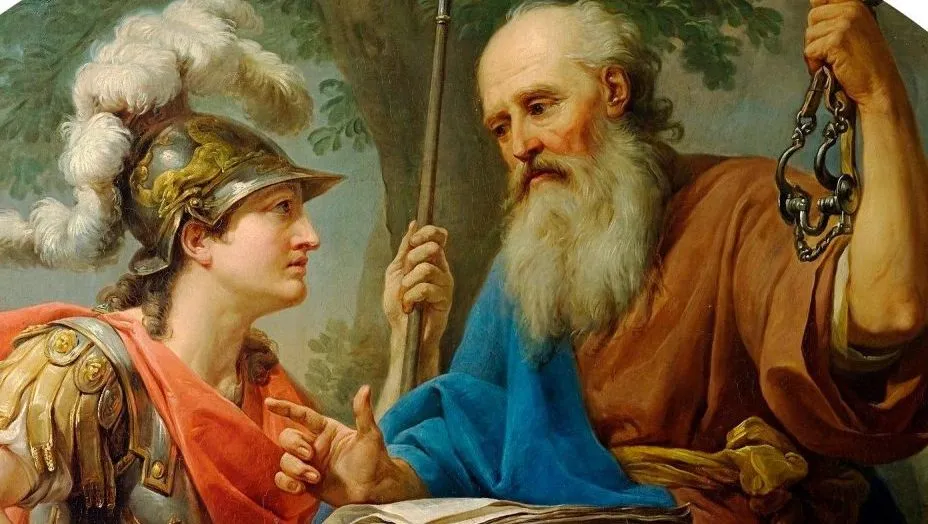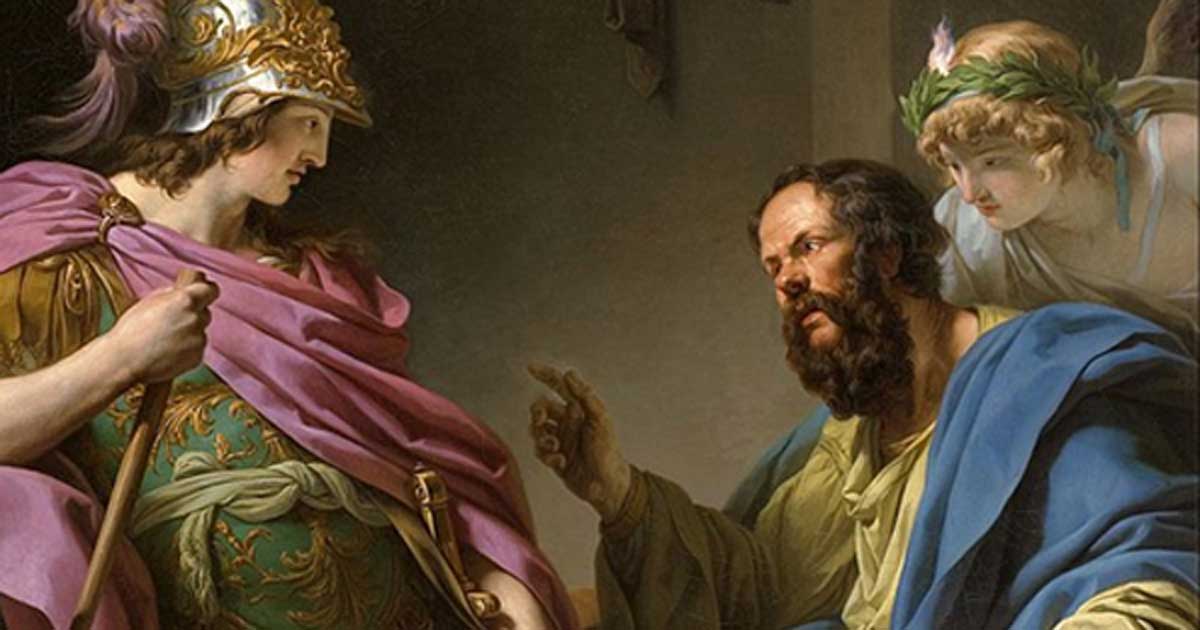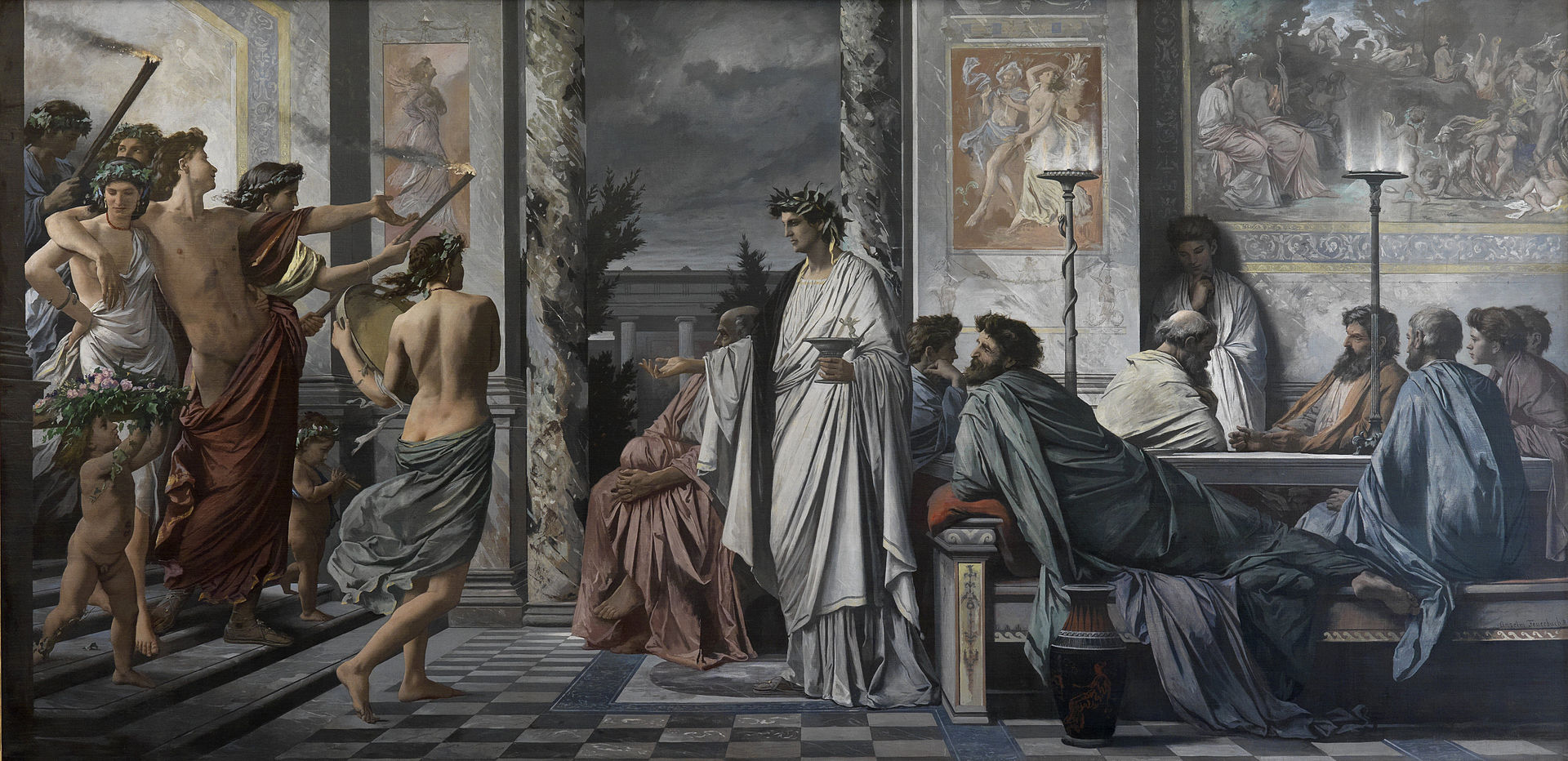By Dimitris Kouvaras,
Love. Erotic love, to be precise. Perhaps the most celebrated amongst human sentiments. Celebrated enough to appear in countless mythologies and cosmological allegories, from the Indian to the Ancient Greek; to become the cornerstone of one of the great monotheist religions; to inspire countless songs and poems throughout history, from the verses of the medieval troubadours to the lyrics of modern pop; to accumulate over 21 billion results in a Google search.
Undoubtedly, love has forever had a strange and almost mystical appeal that has committed people to intimately engage in yearning for it, feeling it, exploring it, analyzing it, idealizing it, deconstructing or debasing it, exploiting or negating it. Parallel to this conglomerate of attitudes to love is the multitude of its manifestations, what I would dare call modalities of love. To put it simply, not everyone loves the same way or the same subject; there is no blueprint for love. Especially since the sexual revolution of the 60s, the world has welcomed (well, unfortunately not often in a welcome manner) an entire spectrum of legitimate such modalities, some of which correlate to different sexualities.
In this article, however, I will grapple with a kind of love that is -apparently- as far from sex as possible: what we call “platonic love”. According to popular belief, platonic is the type of affectionate relationship that evades the sexual element, and, indeed, this is the common way in which this phrase is used. However, if one takes a closer look at the origins of the term and its initial context, one will find out that what the philosopher Plato thinks of love is rather different, more complex, and doesn’t exclude sex from the picture. Of course, by no means is it confined to it either. Let me explain.
In the “Symposium”, one of the dialogues through which the philosopher, with the craft of a playwriter, indirectly exposed his reflections, a set of Athenian men are taking turns praising love in what would be the equivalent of a party at the time-a symposium. Phaedrus regards love as the eldest of the gods, based on the Hesiodian “Theogony”, by and large, the pillar of Greek mythology. The personification of love in the face of a god also pertains to the speeches of Pausanias and Agathon, a poet to whose honor the gathering is supposed to take place. The former dichotomizes and hierarchises love based on the two faces of Aphrodite, with one kind being impulsive, carnal, and inferior, and the other contemplative, reserved, and superior, while the latter treats love as the youngest and prettiest of gods.

Already, the deification of love betrays that it is an exalted element; one whose grasp on people is immense and whose presence is all-embracing. However, Pausanias’ speech also betrays that it is an ambivalent feeling; one that can cause good or ill, based on the qualities it is centered on. As for sex, in the inferior -according to his taxonomy- version it is a big factor. Equally important are the insights of Aristophanes, who discusses a myth describing how people used to be united and all-mighty in pairs of two, be it two men, two women, or one of each, but were severed by Zeus and are now experiencing love as the desire to reunite with their lost half. As you may have noticed, gay and lesbian love had received a mythological legitimation already in the 5th century B.C. As for Eryximachus, he introduces love to the cosmological and physiological spheres as a desired principle of balance achieved through the attraction and repulsion of the elements.
But what of Plato? His view on love is mostly expressed in the words of Socrates, who speaks last. For him, love is much more than a sentiment towards certain people; it is a driving force for generations that constitutes also an ontological principle: a force woven into the fabric of reality with the potential to disclose it. For Plato, there is an objective absolute reality that is approachable by the human intellect and terminates in the triad of Good-Truth-Beauty. In the Symposium, love becomes the link between these terms, a sentiment aiming for beauty that can lead to the disclosure of the Good. However, this intellectual climb begins with a desire for nothing more than beautiful bodies, which implies a sexual desire. The sexual element becomes overshadowed by an abstract attraction to knowledge later in this course, but it is not absent. After all, the Greeks, besides their abstraction, are also known for being impressively open to sexual manifestations.
Leaving ontological stringency aside, Plato makes the significant point that worthy love can transform the lover; to make them veer further than themselves into reality itself and grasp it through a new lens. It is much like the defamiliarisation one experiences while reading a novel. The essence of Plato s ontological take on love is the expansion of the desire and appreciation for its immediate object, the person, to a desire and appreciation for the world and the good in it. Feeling transcends the common avenues of thought, driving the immersion of the self in this curious knowledge, that minimizes the ego. This is the generation mentioned earlier, and it resonates with the cosmological connotations attributed to love by Eryximachus.
Still, one part of the puzzle remains: Alkibiades. The infamous Athenian who betrayed his city twice and brought about its demise in the Peloponnesian war. He enters the symposium drunk and expresses his love for Socrates, even in sexual context. The dialogue ends with him, a complete opposite of the previous ideal: he loved Socrates, the wisest of men, but was never transformed in the process. What does this to mean?

Plato might -just might- be taking a step back from his strict ontology to imply that, when it comes to love, there is no certainty nor any guarantee. Of course, the character of those partaking in it matters, but overall, the case remains a gamble. Maybe it is part of its exhilarating nature that not all its instances can be ideal or transformative, nor merely “platonic”. Perhaps they need not be. After all, sex is a great thing whether accompanied by a reconsideration of reality or not. Dionysus would applaud.
Yet the possibility remains; its very uncertainty certifies its worth, as one will have to fight their demons and ego, in the process. This is what I consider is worth as a takeaway from Plato, especially in an era where the commodification of love is rampant. Just consider our contemporary openness to multiple modalities and expressions of love, such as premarital sex or queer love, as an example of a gradual generation made possible by different loving experiences throughout history, and the arduous struggle of people to assert their truth. The potential is evident.
All in all, Plato opens a new window in our conception of love, making it a bit less prosaic, and a bit more exalted. So, if the train of love passes by and you are on the platform ready to hop in, why not give him a chance? The journey might carry you further than you think.
References
- Plato, Symposium. Available here
- Rebecca Newberger Goldstein, Plato at the Googleplex: why Philosophy won’t go away, Pantheon Books, New York, 2014




